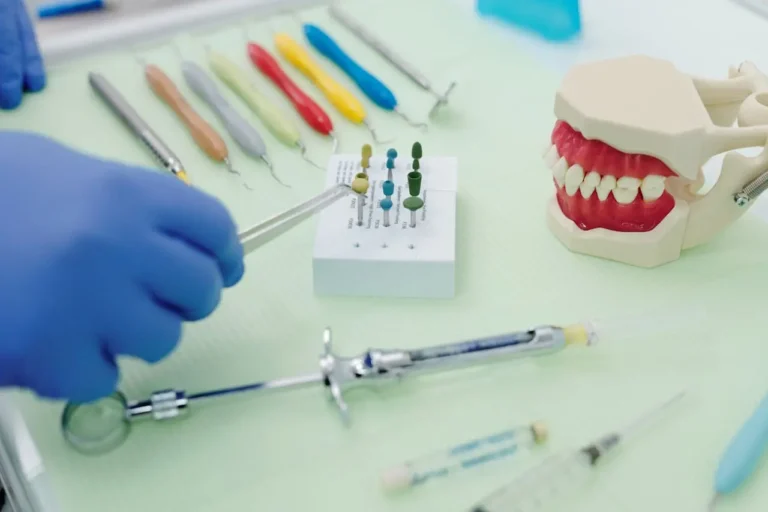
LEO Pharma A/S, a global leader in medical dermatology, today presented late-breaking data from the DELTA FORCE trial at the 33rd European Academy of Dermatology and Venereology (EADV) Congress in Amsterdam. The company shared six additional abstracts regarding Anzupgo® (delgocitinib) cream, a potential treatment for adults with moderate to severe chronic hand eczema (CHE) who find topical corticosteroids inadequate or inappropriate.
The 12-week head-to-head DELTA FORCE phase 3 clinical trial (N=513) compared the efficacy and safety of delgocitinib cream with oral alitretinoin capsules, the only other treatment approved in the EU specifically for severe CHE when topical corticosteroids fail. Delgocitinib cream achieved a significant reduction in the Hand Eczema Severity Index (HECSI) score from baseline to Week 12 (67.6) compared to alitretinoin (51.5, P<0.001).
Moreover, delgocitinib cream demonstrated superiority in all key secondary outcome measures, including a higher percentage of patients achieving treatment success according to the Investigator’s Global Assessment (IGA)-CHE after 12 weeks (27.2% for delgocitinib vs. 16.6% for alitretinoin; P=0.004). Additionally, patients receiving delgocitinib experienced fewer treatment-emergent adverse events (AEs) (49.4%) compared to those on alitretinoin (76.1%).
Kreesten Meldgaard Madsen, Chief Development Officer at LEO Pharma, stated, “The completion of the DELTA FORCE study marks a significant milestone in understanding the treatment of moderate to severe chronic hand eczema. With these results, we have gained valuable insights into how delgocitinib compares to alitretinoin, and this forms part of the extensive data we are presenting at EADV 2024 to address the unmet needs of dermatology patients.”
Alexander Egeberg, Head of Global Medical Affairs at LEO Pharma, added, “Alongside the DELTA FORCE results, our body of work includes clinical trial data, real-world findings, and a detailed biopsy analysis, providing a comprehensive view of CHE and its treatment landscape. This data not only enhances our understanding of CHE management but may also introduce a new topical option for clinicians.”
Additional Research Findings:
- A post hoc analysis of 638 patients across the DELTA 1, 2, and 3 clinical trials evaluated the efficacy of delgocitinib cream across five CHE subtypes after 16 weeks of treatment.
- Data from the multi-national RWEAL study (N=1939) indicated that CHE patients often exhibit various signs, symptoms, and multiple aetiological subtypes. Notably, a significant proportion of these patients had no other dermatological or atopic conditions, with fewer than half (43.8%) ever having atopic dermatitis.
- Findings from the population-based CHECK study revealed that health-related quality of life deteriorated at each treatment level, with a mean Dermatology Life Quality Index (DLQI) score of 5.9 for those on injectables and 6.6 for topical corticosteroids.
- Qualitative analysis of DELTA 1 patient exit interviews (N=27) highlighted the substantial impact of CHE on daily living, with 96.3% of patients reporting effects on their daily lives and 88.9% noting an impact on emotional well-being.
- A biopsy analysis of 41 patients indicated that severe CHE was linked to significant dysregulation of genes involved in skin inflammation and barrier function. Treatment with delgocitinib cream appeared to normalize inflammatory processes and restore skin barrier integrity by inhibiting JAK signaling pathways.
Additionally, LEO Pharma will host a symposium titled “Chronic Hand Eczema: Breaking the Silent Conversation” on Friday, September 27th, exploring the role of patient voices in managing CHE.




